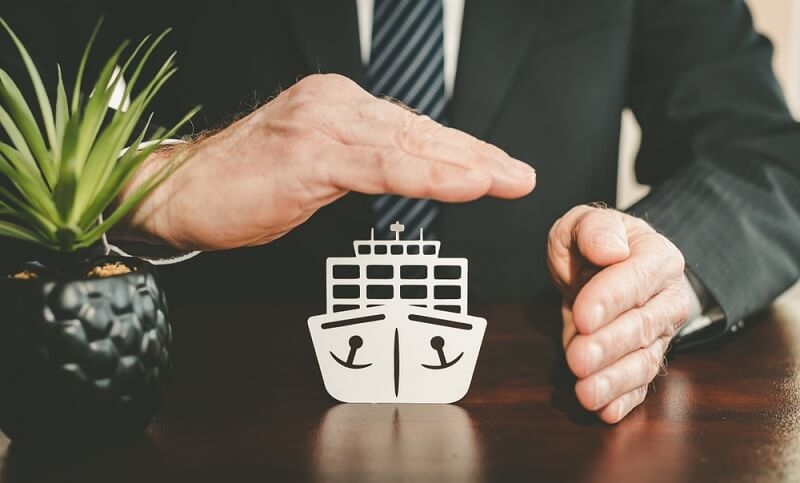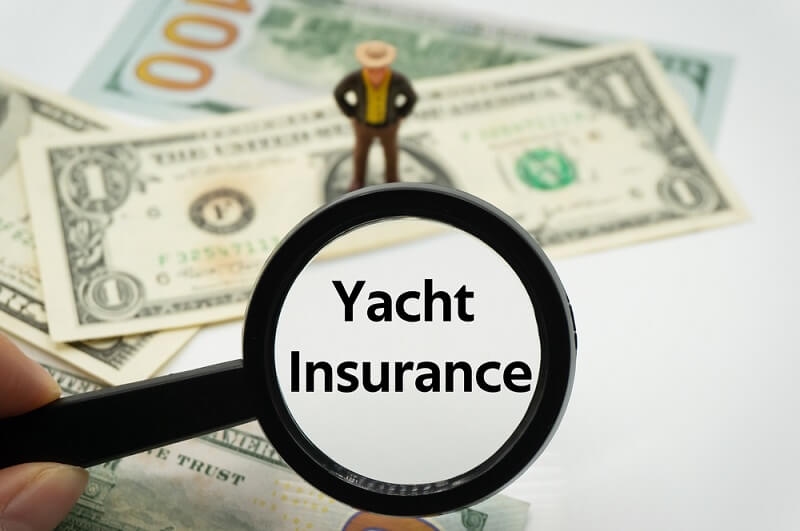
Boat or yacht ownership means freedom, adventure, and memories on the water to last a lifetime. But as with your car or house, your watercraft requires proper protection. That's why we created this boat and marine insurance guide to assist you in making sound, intelligent decisions regarding safeguarding your investment. If you're looking for watercraft coverage, marine damage protection, or learning about fishing boat insurance and yacht policy advice, this guide contains everything you need.
Boating accidents, storm loss, and liability claims can strike at a moment's notice. Without proper marine coverage, you may be financially devastated. Here's how to obtain the proper boat or marine insurance for your vessel, with expert-validated information for all types of boat owners.
Boating is uncertain. Even the most seasoned boaters can fall victim to other boats, underwater obstacles, and surprise storms. Boat and marine insurance shields you from the loss of your property, liability, medical payments, and towing costs.
Coverage You Might Want to Consider:
Regardless of whether you have a sailboat, yacht, or fish boat, having the proper coverage can be the difference between breaking even and sinking into debt.
All boats are not equal, and neither are insurance policies. The type of policy you require is based on your vessel type, usage, and worth.
Anglers need special coverage, particularly if they use high-priced equipment or fish in hazardous waters. Boat insurance while fishing usually covers:
Larger boats like yachts bring more complexity. Yacht policy suggestions include having global navigation coverage, crew member liability, and hurricane haul-out.
Yachts tend to need agreed value policies to cover in full without depreciation.
Jet skis and wave runners should also be protected. Policies for PWCs have injury liability and accidental damage in focus.

When acquiring the appropriate boat and marine insurance, knowing how premiums are determined leads you to select the most suitable choice.
Typical Determinants Of Rates:
Having a good safety record and paying for upgraded navigation systems can lower premiums.
There's more to know about boat insurance than meets the eye. Extended watercraft protection provides added peace of mind under unique conditions.
Consider Additional Riders for:
Being underinsured may cost you much more in the long term than adding a few extra conditions to your policy.
Marine policies must have full marine damage coverage to guard against:
Ensure your policy includes salvage and wreck removal, which can be legally mandated and very costly.
Boating safety isn't only a good thing to do — it can lower your premiums directly. Insurers pay attention to safe boating practices.
Lower Premiums and Safer Waters Tips:
Proof that you're educated and equipped with safety devices could win you insurance discounts.
Yachts represent a high-value investment. To ensure total protection, follow these yacht policy tips before signing any insurance document:
Recreational and commercial fishermen should purchase fishing boat insurance that covers onboard equipment, specialized electronics, and trailers.
What to Insure in Your Fishing Boat:
Liability coverage also protects you in the event your fishing boat damages docks, injures a person, or damages other boats.
Searching for the perfect boat and marine insurance company is more than just finding the cheapest rate. Remember to consider:
Before you commit to any insurer, be sure to ask these questions:
Asking the right questions will help avoid surprises when you file a claim.
Insurance companies like well-maintained boats. Regular maintenance is not only to help avoid expensive repairs but it also reflects responsibility to your insurer.
Maintenance Checklist:
A documented maintenance history can substantiate claims and even lower premiums in the long run.
In case of marine theft or damage, take the following steps for a hassle-free claim:
Reporting on time and in full can streamline and accelerate the claims process.
Marine insurance isn’t the same as home or auto. Pick insurers who specialize in boat and marine insurance, and actually understand the nuances of insuring watercraft.
The best marine insurers will generally have:
A marine-specific provider will ensure you are not just a customer. Your boat coverage will be precise.
As boat technology evolves, so does insurance. Most insurers now provide discounts for:
New marine insurance welcomes technology to minimize risk and provide more precise policy pricing.
Marine adventures should be fun — not stressful. It is important to understand how to purchase the proper boat or marine insurance for your craft. From minimal cover for your watercraft to comprehensive marine damage cover, understanding what your policy requires means you remain protected, both financially and legally.
If you're a fisherman don't forget to consider fishing boat insurance, and see our yacht price guideline for luxury boats. Most importantly, think about boating safety, ask informed questions, and select an insurer with an appreciation for marine experience.
This content was created by AI